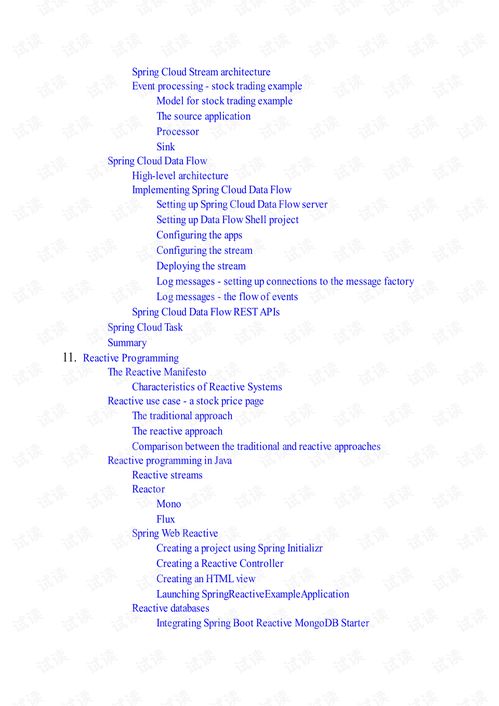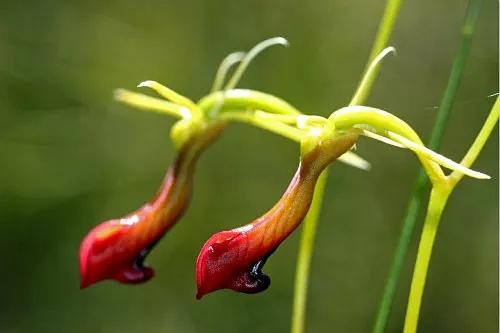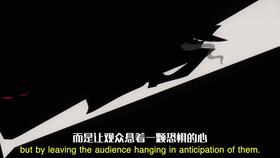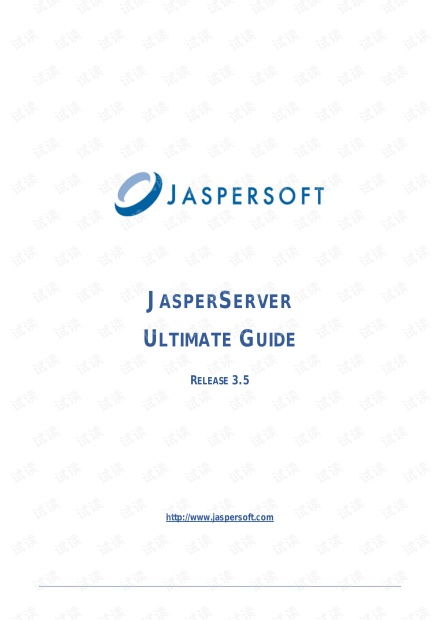
Content:
Introduction: Fishing has always been a cherished pastime for many, offering a peaceful escape from the hustle and bustle of daily life. Whether you are a seasoned angler or a beginner, learning the art of fishing can be incredibly rewarding. In this article, I will share some valuable tips and techniques that I have learned from my big brother, who has been fishing for over 30 years. So, if you are looking to improve your fishing skills, read on!
Choose the Right Equipment: The first step in mastering the art of fishing is to ensure that you have the right equipment. My big brother always emphasizes the importance of using quality gear that suits your fishing style and preferences. Here are some essential items to consider:
- A good fishing rod and reel: Choose a rod and reel that match the type of fish you are targeting and your preferred fishing technique.
- Line: The type of line you use depends on the fish you are after. Monofilament, fluorocarbon, and braided lines are the most commonly used.
- Hooks: Different fish require different sizes and types of hooks. Make sure you have a variety of hooks in your tackle box.
- Lures and baits: Depending on your fishing style, you may need a variety of lures and baits to attract the fish you are targeting.
Learn the Basics: Before you head out to the water, it's essential to familiarize yourself with the basics of fishing. My big brother always emphasizes the importance of understanding the basics, such as:
- How to cast: Learn the different casting techniques, such as the overhead cast, sidearm cast, and roll cast, depending on your fishing environment.
- How to tie knots: Mastering various knots, such as the Palomar knot, improved clinch knot, and uni knot, is crucial for securing your hooks and lures.
- How to read the water: Observing the water's surface, currents, and structure can help you identify potential fish-holding areas.
Find the Right Spot: My big brother often says, "The fish are in the water, not the boat." Finding the right spot is essential for a successful fishing trip. Here are some tips to help you locate the perfect fishing spot:
- Research: Before you go, research the area you plan to fish. Look for information on fish species, water conditions, and popular fishing spots.
- Use maps and GPS: Utilize maps and GPS devices to find potential fishing hotspots, such as river bends, rocks, or weed beds.
- Be patient: Finding the right spot may take some time. Don't rush the process, and be patient as you explore different areas.
Understand the Fish: To catch fish, you need to understand their behavior and preferences. My big brother always emphasizes the importance of learning about the fish you are targeting, including:
- Feeding habits: Determine when and what the fish are likely to eat, and use that information to choose the right bait or lure.
- Movement patterns: Fish often move in predictable patterns. Learn about these patterns to increase your chances of catching them.
- Water temperature and clarity: Fish are sensitive to water temperature and clarity. Pay attention to these factors when selecting your fishing spot.
Practice, Practice, Practice: Like any skill, fishing requires practice. My big brother always says, "The more you fish, the better you get." Here are some tips to help you improve your fishing skills:
- Start with simple techniques: Focus on mastering the basics before moving on to more advanced techniques.
- Experiment with different baits and lures: Try various baits and lures to see what works best for the fish you are targeting.
- Learn from others: Seek advice from experienced anglers and join fishing clubs or forums to share tips and techniques.
Conclusion: Learning the art of fishing can be a rewarding and enjoyable experience. By following the tips and techniques shared by my big brother, you will be well on your way to becoming a skilled angler. Remember to always practice safety, respect the environment, and have fun out on the water!












